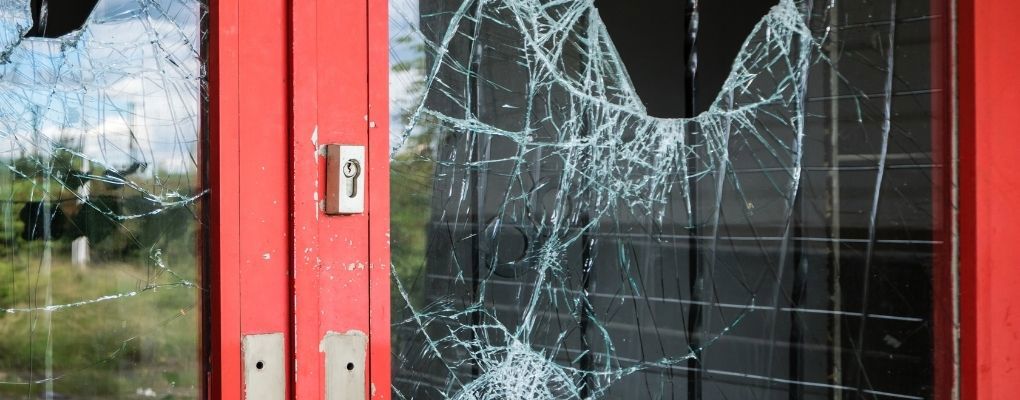
Reading Time: 3 Minutes
Do Tenants Need Their Own Insurance?
While landlords should have insurance to protect their properties against damage, it is important tenants take out their own tenant liability insurance to protect their belongings. Changes to the law in recent years mean tenants have some liability when causing damage to a property. We look at the details.
Damage to Property
The Residential Tenancies Amendment Bill (No. 2) became law in 2019, affecting a tenant’s liability for damage. Under the law if a tenant causes careless damage to a property they are required to pay either four weeks’ rent or the landlord’s insurance excess (whichever amount is lower) to cover the damage. Tenants should keep in mind that this also applies if their guests damage the property.
Landlord Responsibilities
To ensure tenants understand how much they will need to pay if they cause accidental damage to rental property, landlords must provide insurance information in any new tenancy agreement. Insurance information provided should include whether or not the property is insured as well as insurance excess costs. Landlords must also include an insurance statement informing their tenants that their insurance policy can be made available on request. The landlord must also contact the tenant within a reasonable timeframe if the insurance information changes.
Personal Insurance for Tenants
Although a landlord’s insurance will cover the rental property, it does not cover a tenant’s personal items. Tenants should take out their own contents insurance to cover their belongings and may wish to consider tenant liability insurance. Personal liability insurance will cover a tenant against being liable for accidentally damaging the home they rent.
What is the Difference Between Contents and Renters’ Insurance?
Insurers will often offer insurance specifically targeted towards tenants called renters’ insurance. Renters’ insurance is often the same as contents insurance, although sometimes these policies are more affordable than contents insurance. It’s important to ensure the value of your belongings is covered when taking out tenant property insurance. Renters’ Insurance (or Contents Insurance) will also often offer you Legal Liability cover, which is worth having. This means that you will be covered by your insurance when accidents happen outside your home. One example might be if you lose control of your shopping trolley and it veers into a parked car – you would be covered by your insurance company for legal liability. All insurance policies differ, however, so it’s important to read the fine print.
Insuring Earthquake-Damaged Properties
Tenants should do extra research if they are looking at renting an earthquake-damaged home, as insurers may not cover these properties.
Remedy to Fix
Both landlords and tenants have the right to issue a 14-day notice to remedy damage if the other party has been asked to fix something but they haven’t. If either party does not comply with the notice to remedy, the affected party can apply to the Tenancy Tribunal for help. If damage is substantial, landlords can apply directly to the Tribunal without serving the 14-day notice.
Find out who is responsible for maintenance and repairs in a rental property.
Find Out More About Insurance in Rental Properties
If you have further questions about what to do if a tenant damages property or what insurance is right for you, contact Crockers’ expert Property Management on pm@crockers.co.nz or call for a chat on 09 623 5952







